Accused murderer told police cocaine and extortion led to shooting, court hears
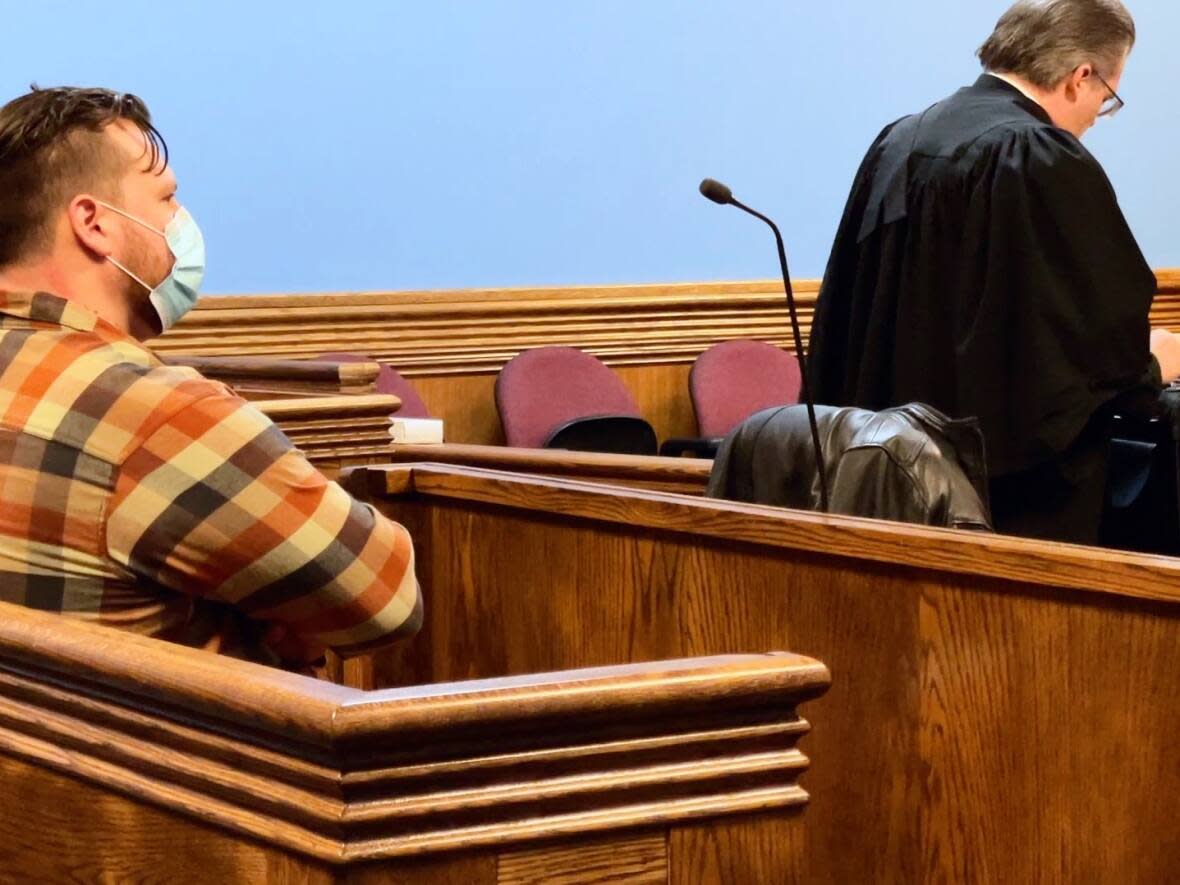
The man accused of the second-degree murder of Vincent Belanger-Dompierre in April 2018 told police he believed he was going to be killed over some missing cocaine, court heard this week as Vincent Ward's trial continued.
In a video of a police interview that began around 7 a.m. on April 26, 2018 — just a few hours after Belanger-Dompierre was shot and killed in Labrador City — an emotional Ward struggles to explain what happened leading up to Belanger-Dompierre's death.
In the video, played for the jury in Supreme Court this week, RCMP Supt. Tom Warren, an inspector at the time, asked Ward why he was there.
"Bad decisions," replied Ward.
Warren, testifying this week, said it was clear Ward — who was picked up by police early that morning outside the Pine Avenue house where Belanger-Dompierre was shot — was under the influence of some drug. Warren said the interview had to be stopped twice as Ward was incoherent and hard to understand.
In the video, Ward breaks down quickly and says he was being extorted, following a spiral of hard drugs and drinking after his father's death.
He tells police that Belanger-Dompierre was a biker who wanted to start his own biker chapter and had shut down other drug dealers. Belanger-Dompierre seemed like a good person when they met earlier in 2018, said Ward, but in the week leading up the shooting he told Ward that a kilogram of cocaine had gone missing. Ward told the officers Belanger-Dompierre had set him up to take the fall with the bikers who had supplied the cocaine.
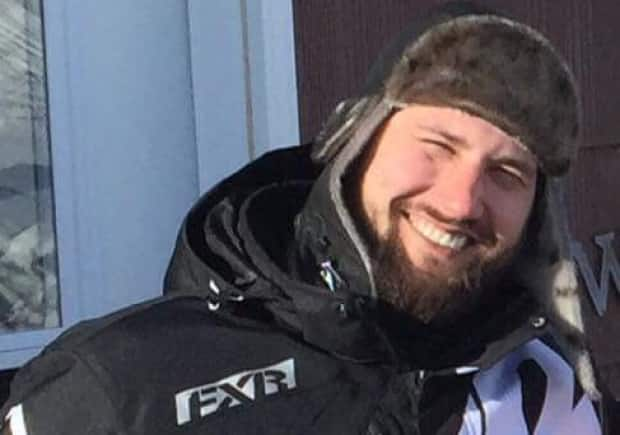
For four days, Ward said, he and others in the Pine Avenue house on Pine Avenue took turns standing guard. The night before the shooting, Ward told police, he had a beer or two, some cocaine and about 20 speed pills.
Around 9:30 p.m. on April 25, 2018, he drove to his home to get a couple of guns to protect himself from the people he was told were coming for him. Ward said he grabbed his .22-calibre rifle — which he told police was unloaded — and his .270-calibre rifle.
"I was still pretty scared of the fact that them bikers were coming for me," Ward said in the interview.
If he had run, Ward told police, he believed the people coming after him would kill his children.
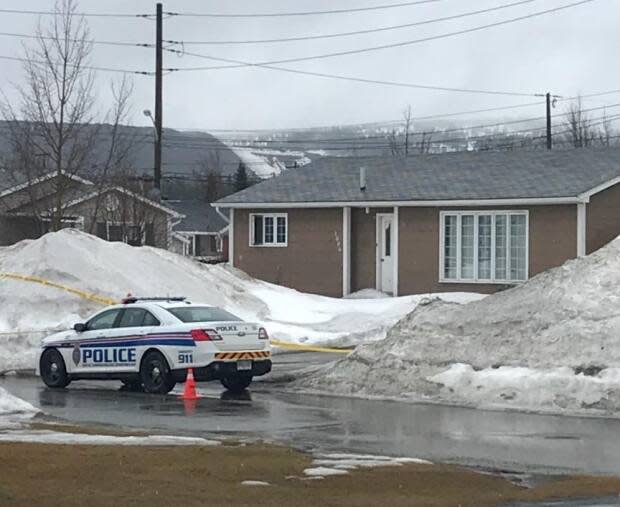
After returning to the Pine Avenue house, Ward said he showed Belanger-Dompierre how to use his rifle and handed Belanger-Dompierre his .22. Ward said he told Belanger-Dompierre he couldn't kill someone and Belanger-Dompierre started laughing at him.
"I didn't want to kill no one. Didn't want to hurt no one," Ward said he told Belanger-Dompierre.
Belanger-Dompierre said, "f--k you," according to Ward, and reached for the gun, which is when Ward shot him.
During the police interview, Ward said he "lost it completely" after the shooting. He told police he ran downstairs to the house's drug stash, and opened a bag of speed.
"Went down, tore it open, ate like four or five speed pills," Ward told police. "I don't know how long I was eating those, sniffing that."
At that point, Warren testified, the interview was stopped, as Ward was becoming increasingly incoherent,. After Ward napped on the interview room couch, the interview continued.
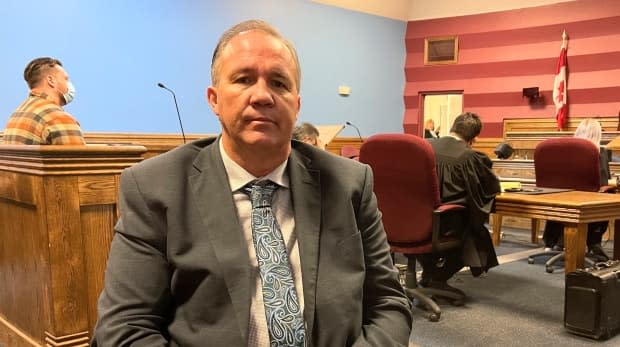
Ward then went over the shooting again, adding some details and changing others. He said he gave Belanger-Dompierre the .22 rifle, turned his back to get the other gun, and then turned around to see Belanger-Dompierre pointing the rifle at him, smiling.
Ward told officers Belanger-Dompierre said, "You're the one that's gonna die," which is when Ward shot him. When Ward finished recounting his version of events, the officer reminded Ward that he'd said earlier the .22 he'd handed Belanger-Dompierre was unloaded. Ward confirmed it was.
Ward told police he was livid about what happened.
"I just shot a man that was supposed to be my best friend," Ward said in the 2018 interview.
Not knowing what to do, Ward said, he tried calling people on the phones in the house. He said he reached someone who recognized the number as belonging to Belanger-Dompierre and asked about him. Ward told officers he told the person, "He's dead. I shot him."
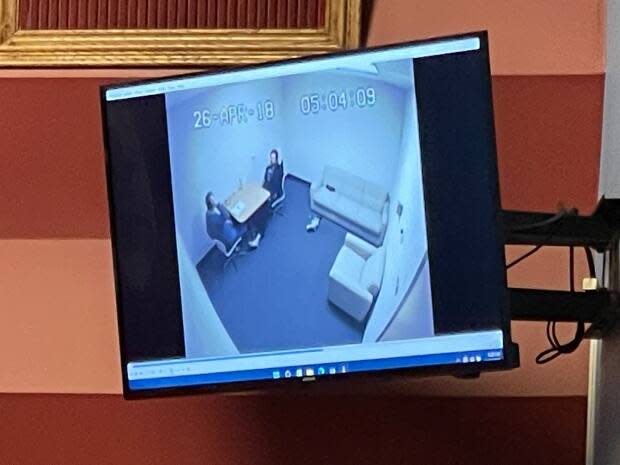
When asked about Ward's statement, Warren said there was no evidence of people involved in criminal organizations in Labrador West. When pressed by defence counsel, Warren said police don't know where the drugs came from or whether organized crime was involved.
During cross-examination, defence lawyer Mark Gruchy noted that Ward became increasingly incoherent during the interview, despite being in police custody. Warren agreed, saying the two breaks were because Ward couldn't be understood.
Cab driver testifies he thought call was prank
On Tuesday, the court heard testimony from Jeremy Dyson, who was driving a cab in Happy Valley-Goose Bay at the time. He said he got a call early in the morning of April 26 from a man who identified himself as Vincent Ward.
Dyson said Ward, whom he didn't know personally, said he was at cabin where something had gone wrong, and mentioned a body on the floor and hitting a trigger by mistake.
Dyson testified Ward asked him to find phone numbers for some other people but Dyson said he thought it was a prank call from someone who was intoxicated.
"I thought he was messed up and trying to freak me out or something," Dyson said.
After getting confusing calls and texts for more than an hour, Dyson testified, he blocked the number. He said he realized it wasn't a prank when the RCMP called him in for questioning.
The trial is scheduled to last at least another week.


